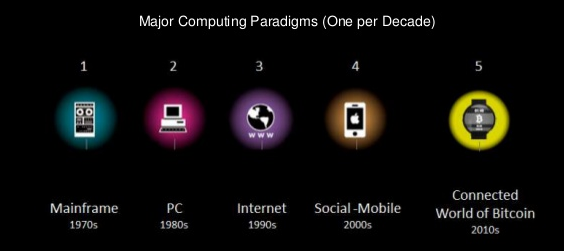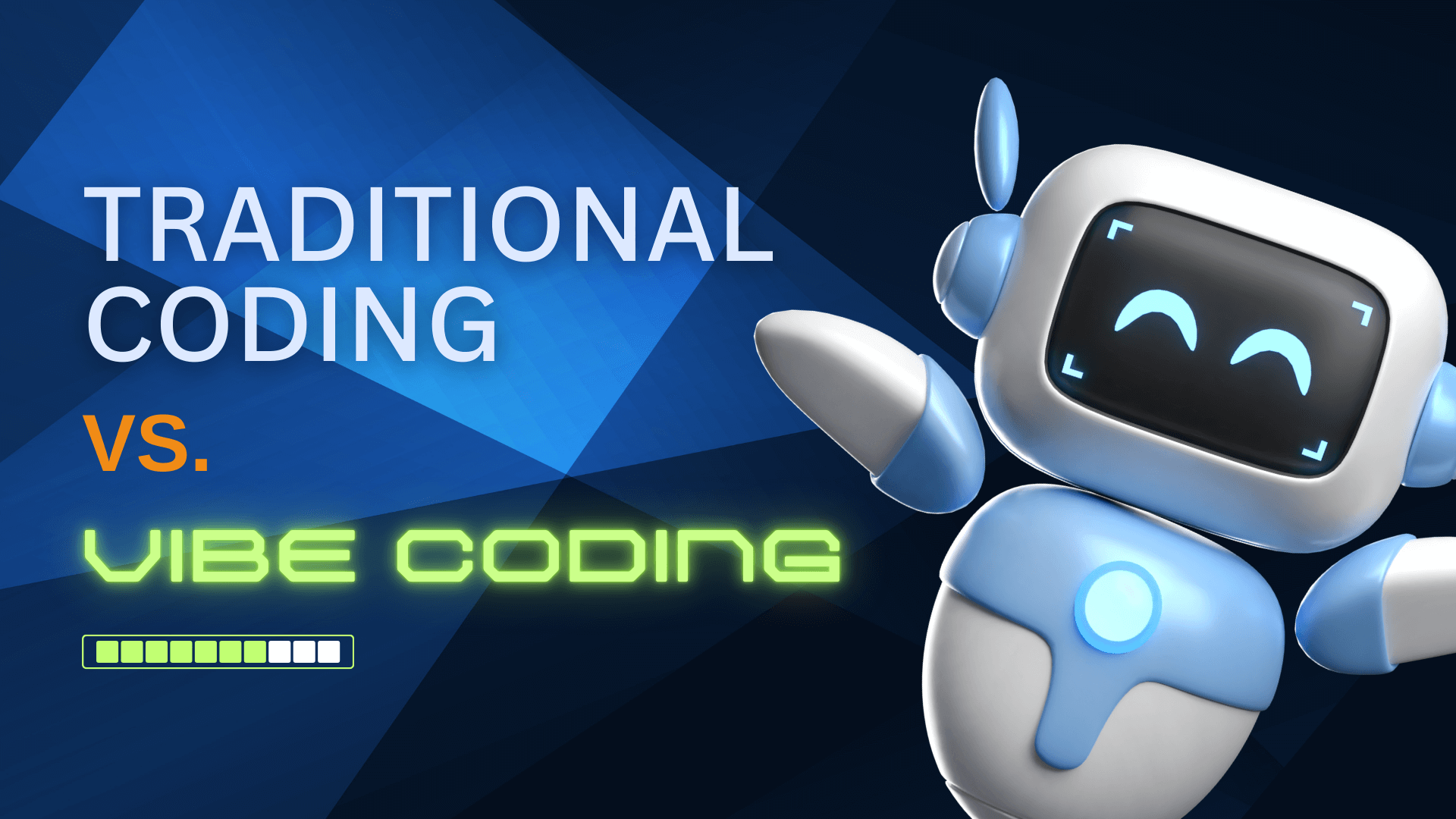The SQA2 Blog: IT News
Check out this insightful post from our friends at Bizz Technology Today regarding Blockchain technology!
View the original post here.
“Blockchain will do the same to banking what the internet did to media”
seems to be the phrase this year. In fact, like the internet was the first native digital medium for information, blockchain is the first native digital medium for peer-to-peer value exchange. Therefore, blockchain it is set out to revolutionize numerous industries, including banking, cyber-security, commerce and much more.

Vitalik Buterin, the creator of cryptocurrency Ethereum, says that the technology is so convenient that it can be applied for years in future industries beyond our current imagination.
As of today, the cryptocurrency hype is real. There is an increasing number of new emerging startups based on blockchain driven solutions, that seek to improve the way variety of industries have been operating for decades. Then there are the skyrocketing prices of Bitcoin, Ethereum and other alt currencies.
Such activities may indicate that this is something more than just public hype. However, the general public still treats it as another fad. So the question remains: Is it?
Blockchain and commerce
In the recent Global Ecommerce Summit, it was stated that cryptocurrencies together with blockchain are the future of online payments. Jasmin Battista, leader of e-commerce in the European Commission’s DG Connect project, has emphasized that smart contracts are especially important for the traders.
The Ethereum based system may be the following natural step for transaction processing, order tracking, supply chain management or tracking management activities. Many entrepreneurs and industries already work with the technology adapting it to their needs and people’s problems.
For example, a startup Monetha is set to create an Ethereum payment solution which resembles a combination of PayPal and Trustpilot. Just a day ago they landed a strategic partnership with Pigu.lt, the largest online retailer in Latvia, Lithuania and Estonia. The interest in the company is peaking just a few days before their first ICO on August 31.
What makes blockchain such a promising medium for the future of commerce? Here are the key advantages of what it offers.
Low cost
Probably the most significant benefit of blockchain in commerce is cost reduction. Today, business transactions run through a complex network of vendors, including credit card networks, banks and payment processors. Blockchain removes all the unnecessary middlemen allowing for cheap, quick and reliable peer-to-peer transactions.
Regular costs can add up to additional 7% for every online purchase. These costs are passed on the buyer most of the time. People have already shown that they are becoming increasingly aware of the extra cost by switching and supporting banking alternatives such as the unicorn TransferWise or Revolut.
Minimizing supplementary charges is a significant advantage, especially in retail industry, where competitors tend to bleed each other out.
Transparency
One of the most attractive features of blockchain is transparency, which is guaranteed by the distributed ledger system. The ledger is public and that makes it is possible to trace back every bit of information back to its origin.
Transparency is attractive for the e-commerce. Marketplaces and brands tend to hold information for themselves, and in some cases, charge traders for the information. Blockchain solves the issue since by making the data visible, enabling every party to run its trade analytics free of charge.
Blockchain guarantees trust and transparency by design. Every action is recorded in the ledger. Confidence among buyer and seller is an essential ingredient. Many retailers try to establish it through loyalty programs, marketing campaigns and other tricks. However, in blockchain commerce system that is unnecessary as you can instantly see who are you dealing with.
Speed
A large number of stakeholders makes e-commerce transactions unnecessarily complicated. The involved parties slow down the process by series of bureaucratic steps, creating additional friction.
Payment billing and processing used to take up to a week, but blockchain makes it happen almost in real-time.
Its decentralized approach disentangles the processing to a simple interaction between buyer and merchant. There is no need for central authorization entities, so the money can travel almost instantly and without resistance.
Security
Commerce security in blockchain derives from its immutable nature and decentralized structure. It prevents fraudulent transactions simply by removing the ability to alter the data.
So even if the customer encounters falsified goods, it can be tracked and recorded. Such implication could prevent future business with untrustworthy sellers.
Accessibility
According to the latest Global Findex report, 2 billion people and 160 million small businesses still don’t have formal access to banking. While these are mostly poor people, 37% of the world’s population is still an astounding number of unbanked people. Due to its digital nature, blockchain is easy to integrate.
It may be too early to claim that blockchain will end poverty, but its digital solutions are easy and less costly to implement and has lots of potential to empower the excluded people to become the participants in the global economy.
Future is now
While most of the population are still skeptical about their future, many bright minds are sweating day and night to bring the best possible solutions to the public.
Blockchain offers all of what our current commerce system does, except that it is cheaper and faster. Making commerce and finances more transparent is a huge step towards democratizing the economy and capturing the power from the authorities by bringing it back to the people.

